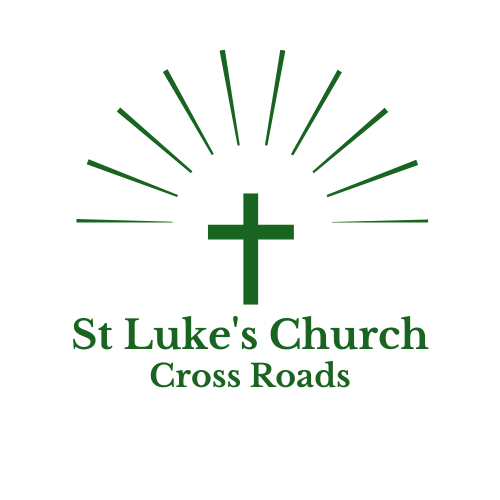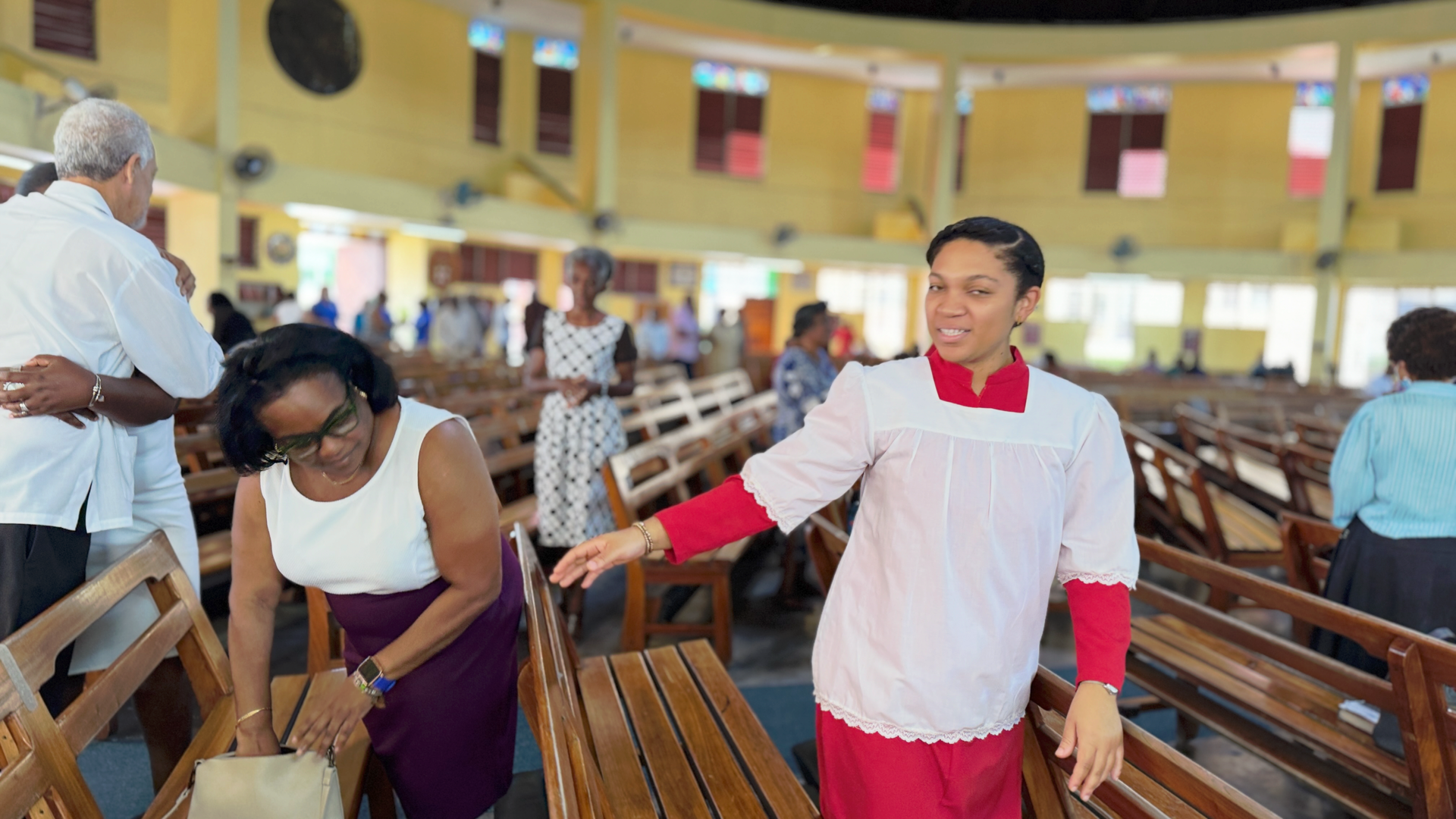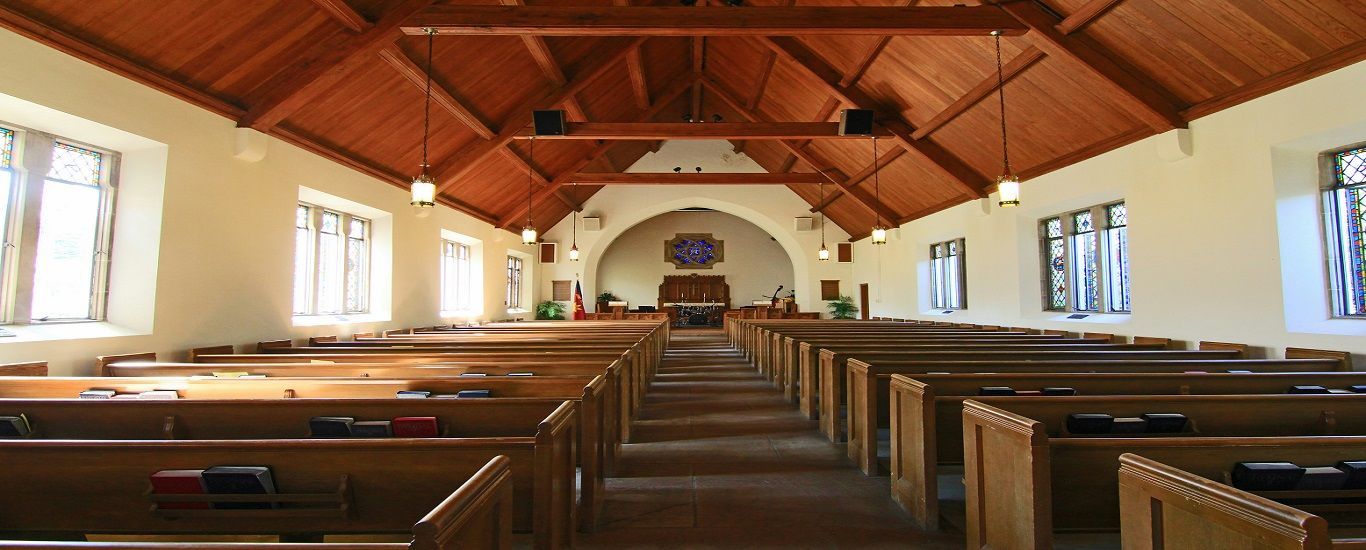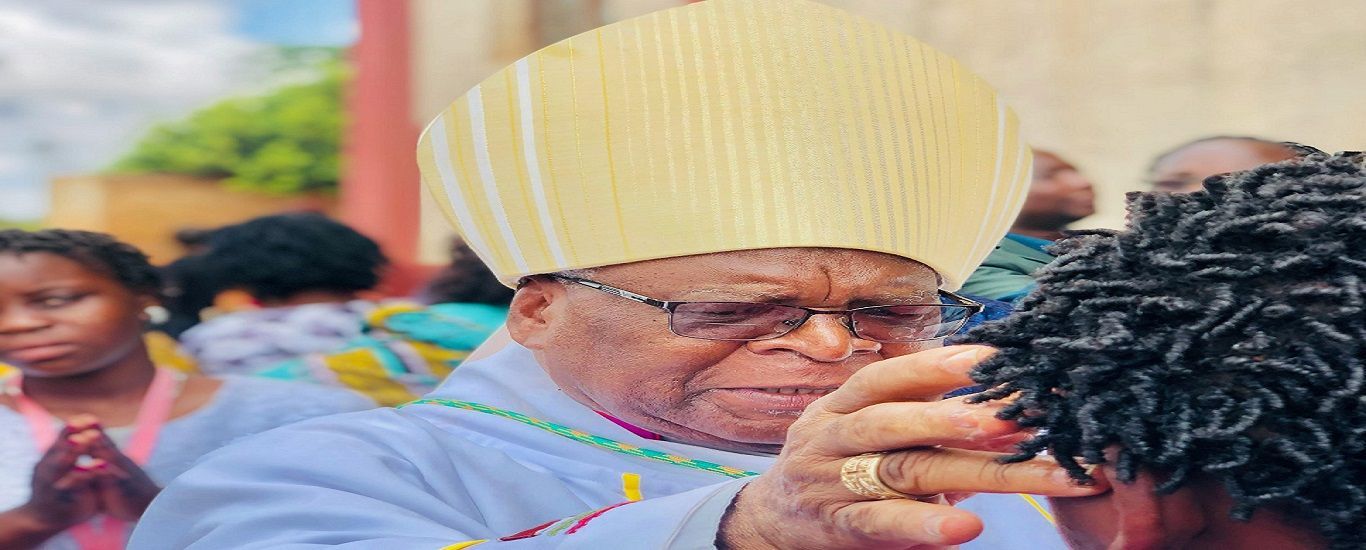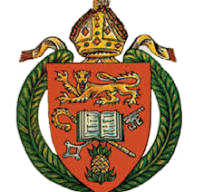Prayer, Healing and Forgiveness
Sisters and Brothers
The three elements of our theme for this month “Prayer, Healing and Forgiveness,” are perhaps the three most important subjects in the Gospel of St Luke our Patron Saint. As Luke unfolds the good news of Jesus Christ, he portrays Jesus as a man who immersed himself in prayer, performed healing miracles and taught the power of forgiveness. Luke recorded that Jesus prayed at every significant moment in his life, beginning with his Baptism, (Luke is the only gospel writer to record this fact) before choosing his disciples and at his Transfiguration.
Prayer
In the gospel of Luke, Jesus provides us with a model of how to pray, the urgent priority of prayer, and he would often find a secluded place to commune with his Father. Two parables unique to Luke, the parable of the friend seeking bread, (Luke 11:5-8) and the Persistent widow (Luke 18:2-8), encourage us to pray with boldness and persistence, attitudes the Christian should display. Luke wants us to understand the value of prayer which for him is not a chore or a task the Christians are called to perform—it’s a necessary
function of the Christian life.
Healing
For Luke the physician and Jesus, the work of healing and health was essential, as demonstrated in the thirteen healing episodes recorded in Luke’s gospel. Jesus brought wellness to suffering people, as he announced he would do when he took on the mantle of king. In addition, the healings are actualizations of the coming kingdom of God, in which there will be no sickness (Revelation 21:4). God’s power of healing is not restricted to Jesus himself, for in two passages, Jesus empowers his followers to heal people (Luke 9:1-6, 10:9). We too can be instruments of healing recognizing that healings depend on God’s power working in and through us.
Forgiveness
Luke’s teachings on forgiveness are profound and central to the ministry of Jesus and offer a roadmap for a life marked by grace and compassion. Luke emphasizes God’s boundless mercy and the importance of forgiving others as a vital aspect of Christian living.
One of the most famous parables about forgiveness is the story of the Prodigal Son found only in Luke’s gospel.
Luke 15:11-32
This parable highlights the following points about forgiveness:
1. God’s Unconditional Love:
The father’s reaction symbolizes God’s readiness to forgive us, regardless of our past mistakes.
2. Repentance:
The son’s return signifies the importance of recognizing our wrong-doings and seeking forgiveness.
3. Restoration:
Forgiveness restores relationships and brings joy, as seen in the father’s extravagant celebration.
In Luke 17:3-4, Jesus instructs his disciples on the frequency and necessity of forgiveness. “If your brother; or sister sins against you, rebuke them; and if they repent, forgive them. Even if they sin against you seven times in a day and seven times come back to you saying ‘I repent,’ you must forgive them.”
One of the most powerful moments of forgiveness in the Gospel of Luke is Jesus’ words from the cross: Luke 23:34. “Father, forgive them, for they do not know what they are doing.” Even in his final moments on the cross, Jesus exemplified forgiveness. This statement teaches us that although it may be difficult, we should strive to forgive even those who harm us.
Prayer, healing and forgiveness should be experienced in the church as we pray for the healing of the nation, and each other and practice forgiveness so that this Cure may truly be the Body of Christ in the world. I invite you all to sign up for the 24/7 Prayer initiative.
Yours in Christ,
Patrick+
